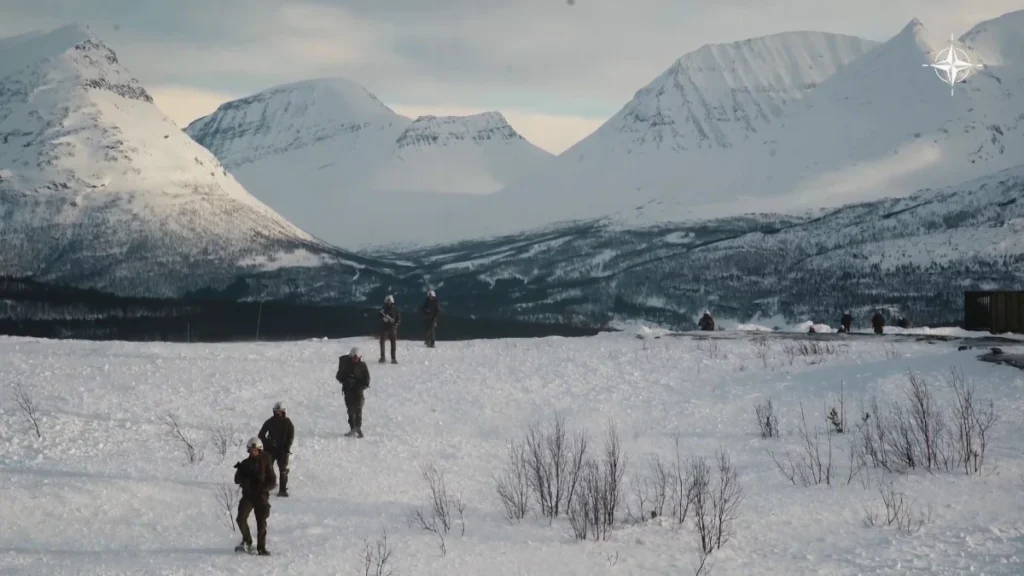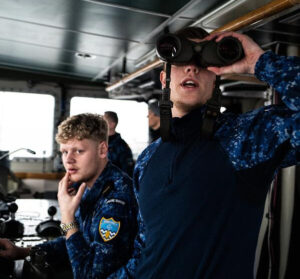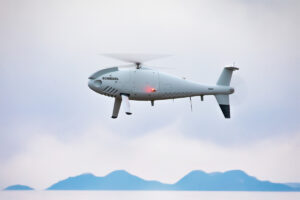
What impact does climate change have on our security, and what are NATO Allies doing to lower their militaries’ environmental footprint? Michael Rühle, NATO expert in energy security and environmental challenges, explains.
The melting of the ice cap in the Arctic could lead to a competition for scarce resources, according to a NATO expert. Ahead of World Environment Day, Michael Rühle, Head of the Climate and Energy Security Section at NATO Headquarters, has given an interview where he discusses the impact climate change will likely have on our security.
Climate change will affect different places in the world at different times and to different degrees. It is a threat multiplier that affects the security of the Alliance, and its broader neighbourhood. NATO is stepping up its efforts in environmental security and environmental protection to address the impacts of the Earth’s rapidly changing climate and an increase in weather extremes. Although NATO is not the first responder for every challenge related to climate change, the Alliance has a role to play in a comprehensive response to it. Allies have recognised the need to adapt to the future operating environments that climate change will bring, while reducing NATO’s environmental footprint where this does not compromise operational capability. Allies have also set the goal of limiting global warming to well below 2 degrees Celsius compared to pre-industrial levels. Climate change and NATO’s role in addressing this challenge will be one of the topics on the agenda at the NATO Summit in Spain on 29-30 June.



